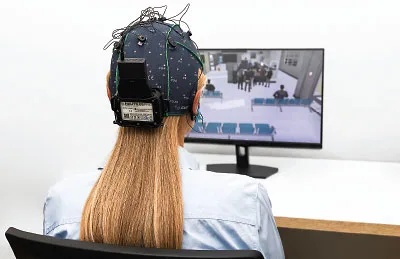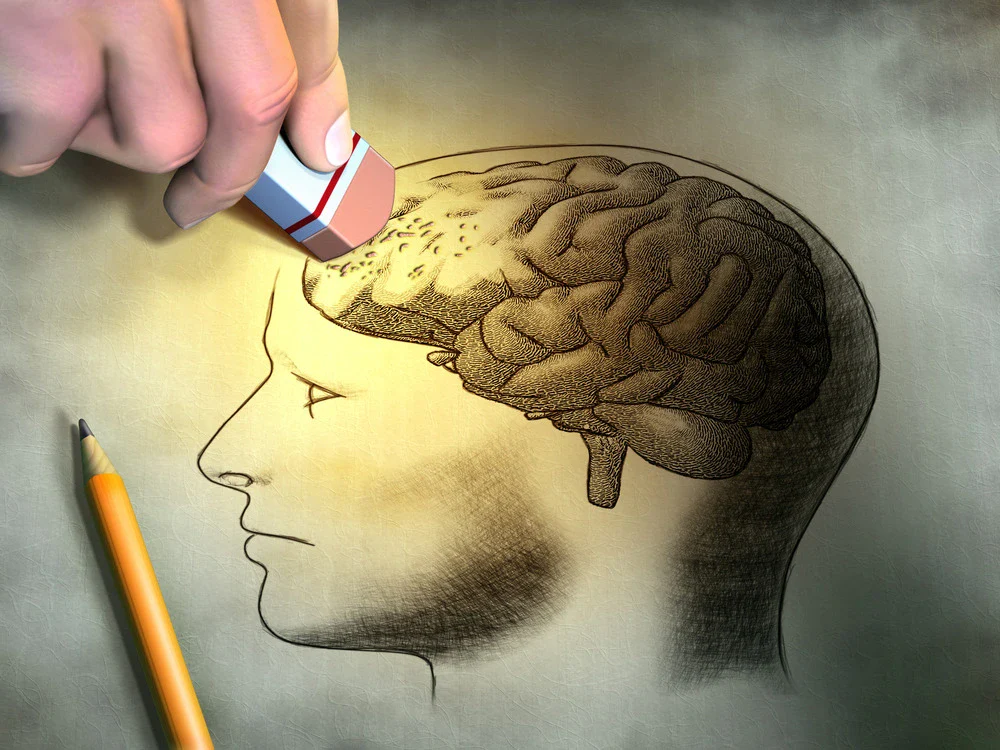Post-traumatic stress disorder is a mental condition that can occur after a traumatic event; it is often experienced by veterans after returning from active combat, but is also common among civilians after experiencing or witnessing a serious accident. PTSD symptoms include intrusive memories such as flashbacks and nightmares, negative changes in mood and thinking, and changes in physical and emotional reactions. Individuals with PTSD may experience trouble sleeping or concentrating, feel overwhelming guilt or shame, feel detached from loved ones or have difficulty maintaining close relationships, among other symptoms.
For many healthcare workers, working in an overcrowded hospital in the height of the pandemic was as stressful and scary as a warzone. ICU staff have had to deal with not being able to save patients, and not even having time to process a loss before there are ten, or fifty more patients coming in. Jessica Gold, a psychiatrist at Washington University School of Medicine, explains that, “healthcare workers had to worry about not having enough beds, not having enough ventilators. They had to move into fields they didn’t know. They saw their colleagues die or had to intubate their co-workers, and they had to worry about ending up that way themselves. Those are huge traumas.”
In addition to being bombarded with traumatic experiences, healthcare workers are risking their own safety and wellbeing. At the start of the pandemic, many workers were unable to wear masks or didn’t have access to proper protective gear due to equipment shortages. Those who went home to children and families worried about bringing the virus home to their loved ones. Without any other options, these were risks that healthcare workers knew they had to take. However, dealing with the same stressors today, after 2 years and the development of vaccines, is proving to be a major contributor to distress among hospital workers.
At least two-thirds of hospital employees are vaccinated, but they typically end up treating patients who are severely ill because they haven’t been vaccinated. Nurses have to inform patients’ families that their lungs will never recover. Some hospitals still ask workers to not wear masks due to patient complaints or cost-cutting strategies. For Kadee Klafka, a cardiac intensive care nurse at Ball Memorial hospital in Indiana, and many other healthcare workers, the vaccine offered hope. “I felt like there was a light at the end of the tunnel, especially with the vaccine. I felt like we were getting back to normal, being able to go out and celebrate holidays and other life events with family.” But workers are still dealing with severe illness and COVID reactions in individuals who choose not to get vaccinated, and must take increased risks of contracting the virus. These risks and consequences that no longer feel necessary are taking a toll on healthcare workers’ mental wellbeing. “I have had to learn to cope with the anger that continues to rise and fall based on people who will not get vaccinated,” Klafka says.
In response to their experiences during the pandemic, many healthcare employees are choosing to leave the field. In the last two years, 30% of healthcare workers in the United States have quit or lost their job, with the pandemic being the most common reason. Now, some hospitals and institutions are implementing mental health support systems and trainings in order to better protect workers and their wellbeing.
At Yale New Haven Health System, employees can take an online stress assessment and get connected to PTSD-trained clinicians and other resources. While not all hospitals have the resources to implement these systems, efforts are being made across the nation. The Department of Veteran Affairs provides public information on techniques to prevent excessive stress and respond to stress among hospital workers during COVID-19 outbreaks. Additionally, one of the best things hospitals can do is listen to workers and take their input of what is needed into account. It’s essential that our healthcare workers are getting the treatment and support they need, as they’re the ones who sit at the forefront of the pandemic and see the consequences first-hand day after day, and year after year.
























